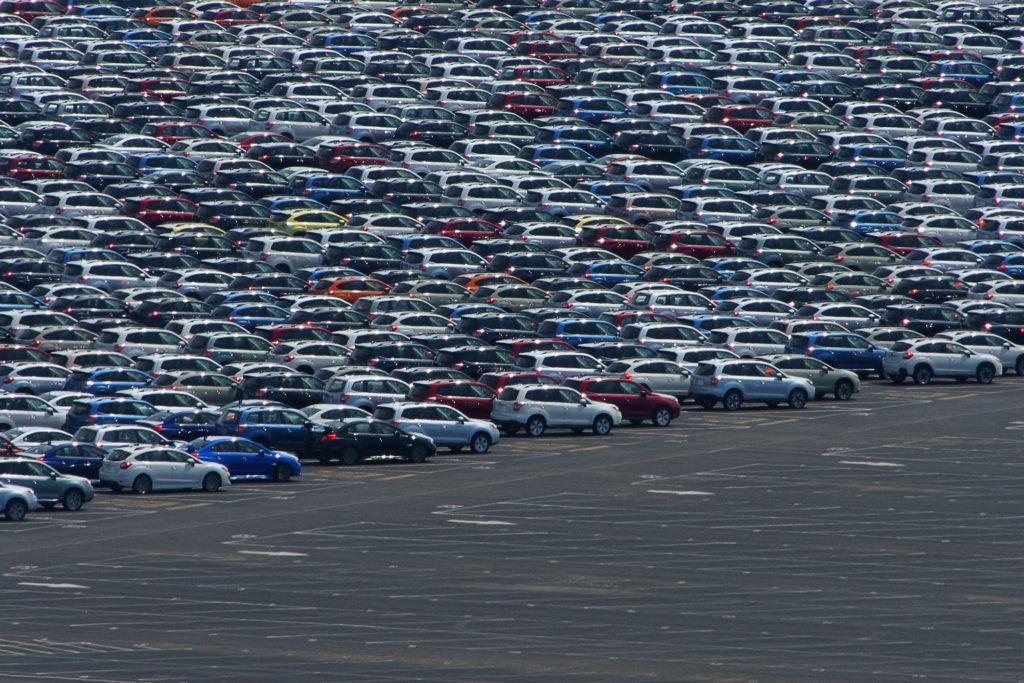Pressure on diesel used car market in Germany as consumer fears remain
25 August 2017

25 August 2017
While there is progress with diesel emission plans in Germany, where a number of manufacturers are recalling vehicles to update software and improve pollution levels, the subject is causing problems with sales of Euro 5 engine cars on forecourts across the country.
German dealers are reporting that around 300,000 vehicles are ′stranded’ due to fears that their Euro 5 engines emit high levels of nitrogen oxide (NOx), which in turn could lead to them being subject to a recall, or worse, banned from cities such as Stuttgart and Munich, both of which are considering such a move.
The ZDK association of German dealerships said it surveyed of 718 franchise retailers across all brands during August. It said the survey was the first it has directly conducted among dealers, and as such there were no comparison figures.
Three-quarters of dealers responding to the survey said they have had to write down the value of some of their inventory. Nearly 85% claimed automakers were not providing enough assistance to help reduce the stock. As a result of slow sales, 77% of dealers said they had cut prices, the dealer association said.
′These vehicles can only be sold with great difficulty at the moment because customers are uncertain,’ comments Thomas Peckruhn, head of the ZDK association. ′We need clear signals from government if and under what conditions these vehicles might be affected by driving bans.’
Based on an estimated price of 15,000 euros per vehicle, the organisation estimates the overall fleet of unwanted diesels represents €4.5 billion of merchandise.
German carmakers agreed a deal with the country’s government at a diesel forum on 2 August 2017, whereby they would recall over 5 million vehicles, most of them with Euro 5 specification engines, to retrofit them with new software, which would improve their emissions output. In addition, a number of manufacturers have announced scrappage schemes in the country, to take vehicles which cannot be retrofitted off the roads.
Prior to this, cities in the country were considering implementing driving bans, in order to lower their air pollution levels. This would have seen some diesel drivers, especially those with older vehicles, prohibited from entering city limits.
However, the deal hasn’t removed concerns about pollution from the technology. Citing government tests, German Environment Minister Barbara Hendricks has announced that the planned software upgrades are ′insufficient’ for many cities to meet the legal limit for NOx in the air.
Reflecting the pressure on demand, some 29% of diesel drivers in Germany said they would try and sell their cars as soon as possible because of concerns about falling residual values due to these latest developments, according to a survey by the Deutsche Automobil Treuhand (DAT) market-research firm. This would see pressure on used car prices, particularly such relatively young vehicles, intensify as a result of the automakers’ trade-in bonuses for outdated diesel vehicles, the DAT said.
Meanwhile, Chancellor Angela Merkel’s chief of staff, Peter Altmaier, has said that Germany has a ′vital interest’ in ensuring diesel engines survive, particularly due to their CO2 output levels compared to petrol vehicles.
Excessive pollution from diesel, as well as traditionally close ties between the government and auto industry, have emerged as a campaign issue in the run up to the country’s election in September. Merkel has been confronted by voters on the campaign trail, who accused the government of being too lenient on vehicle manufacturers, something which she has attempted to distance herself from.
′We have a vital interest in preserving diesel as a technology because it emits far less CO2 than other technologies,’ Altmaier said in a TV interview with Bloomberg. ′At the same time, we have to make sure that all the rules are respected and all the regulations are fully implemented.’